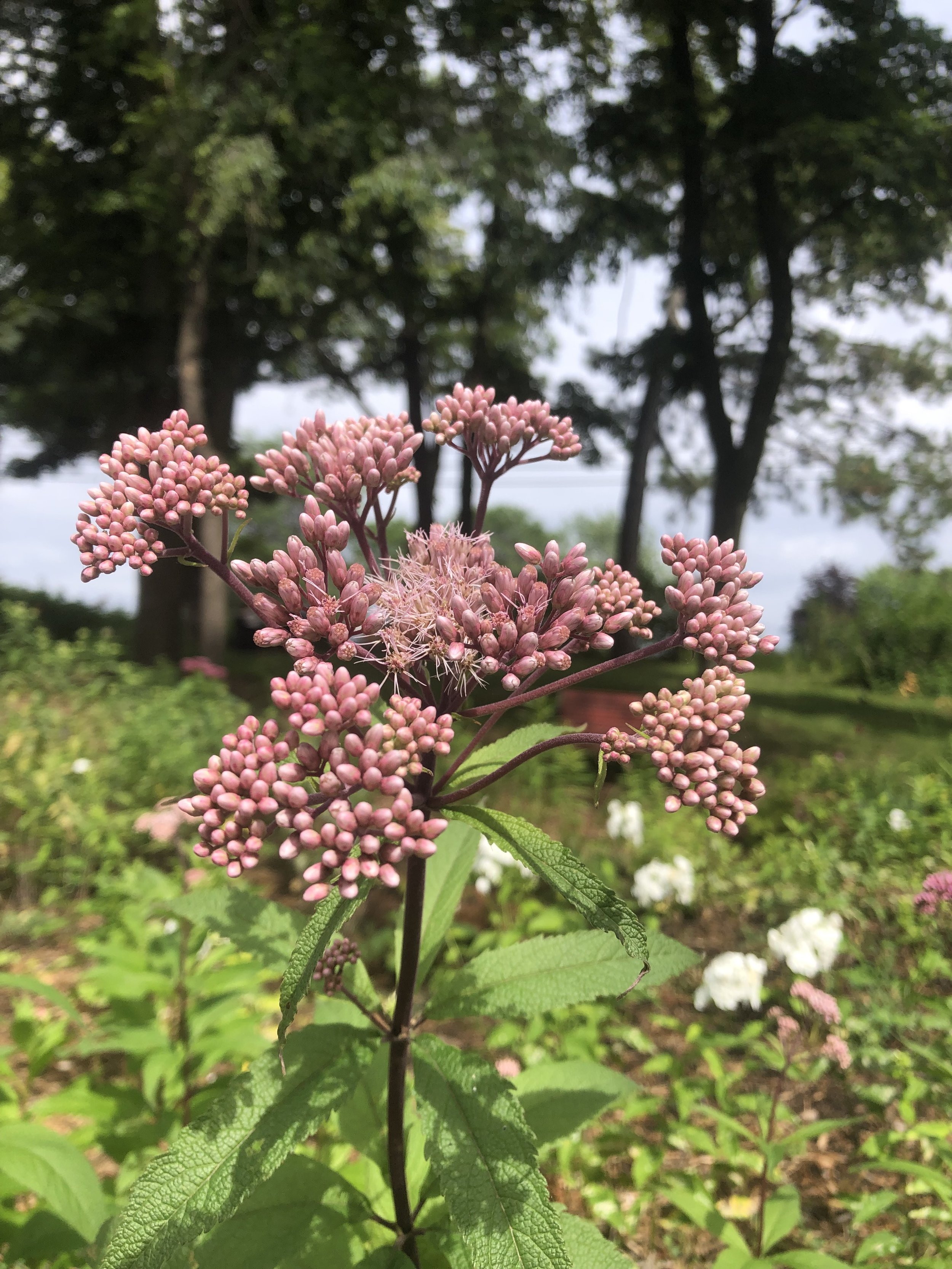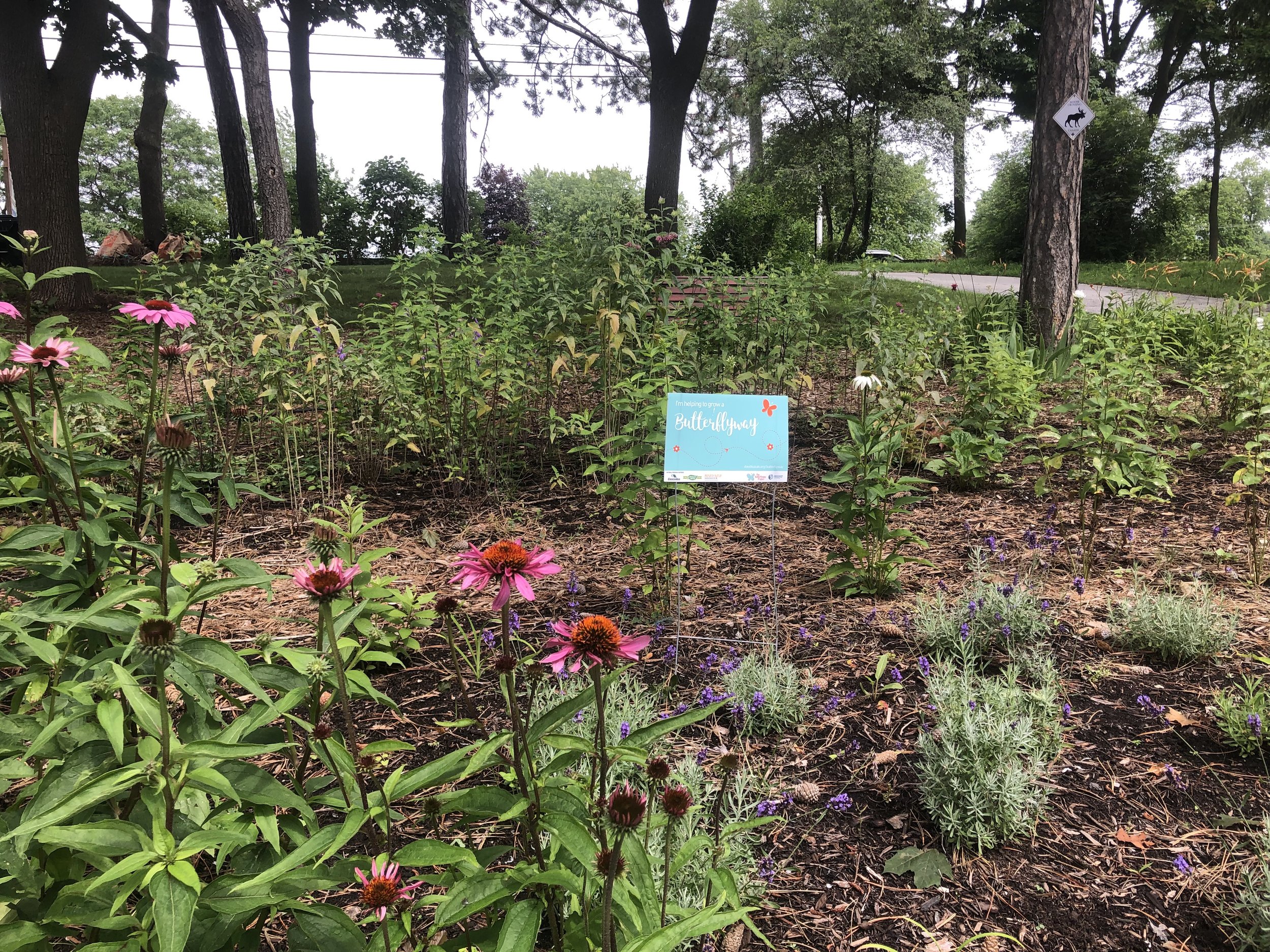
The Pollinator Garden
Bringing pollinators back to Scarborough, one plant at a time.
At present our garden is being stewarded by the volunteers at The Birchcliff Butterflyway Project, an umbrella of the David Suzuki Foundation. This project is a volunteer-led movement that is growing habitat for bees and butterflies in neighborhoods throughout Canada by planting native plants.
What’s growin’ the garden right now:
Scarborough Arts is honored to have our very own Pollinator Garden located at our building at 1859 Kingston Road, Scarborough, Ontario. This project was made possible by the generous contributions of TD Friends of the Environment, PollinateTO Grant, and Bibbcon Landscaping services.
Why is this important in our community?
Insect population has declined by 45 percent since 1974. The monarch butterfly is projected to be extinct in the next 10 years due to loss of habitat and pesticides. Encouraging people to plant native plants to help build a natural habitat and shelter is one of the goals of the Scarborough Arts Pollinator Garden project with Birchcliff Butterflyway.
Join the movement and email the birchcliffbutterflyway@gmail.com
Further resources and reading:
Change is never easy, and it often creates discord, but when people come together for the good of humanity and the Earth, we can accomplish great things.
Some Buzzin’ Pollinator & Plant Facts
There are 4000 native bees in North America, and the 'honey bee' is not one of them.
A small section of native plants can be an oasis to many pollinators.
Once established Native plants require less watering. Their root systems can access water waaaay down in the soil, whereas turf grass can dry out very quickly with its short roots.
You will yield 30% more vegetables from your vegetable garden by planting native plants close by.
One solitary, native mason bee, like the blue orchard variety, can pollinate as many as 100 honey bees
70% of native bees are ground nesting, solitary bees. Native bees are docile and usually do not sting.
Of the 73 milkweeds in North America, Monarchs can use about 30 as host plants - yet we rarely see more than 2 or 3 sold as butterfly plants.
One out of 100 monarchs eggs laid becomes a butterfly….1 out of 100.
By planting native plants, you might get to witness unique pollinators in the garden and bring nature back to your yard.
Planting native plants helps preserve biodiversity.
Native maple trees support 100’s of species and the Japanese maple supports only 2.
Butterflies require some of our native plants to complete their life cycle.
Native plants are pollinator magnets.
Common milkweed is the host plant for the monarch butterfly and the fragrance is intoxicating.
Native plants are easy to care for and attract wildlife to your yard.





